This summer, we spoke with each officer of Parliament. We profile each one in an eight-part series beginning Tuesday. Read the series here.

They are the watchdogs of Canada’s democracy, each given his or her own territory to protect as they safeguard the values Canadians prize.
But some of the eight independent officers of Parliament say the pillars of open and accountable government they are charged with protecting are starting to crumble.
The chief electoral officer can hear the clock ticking as he waits for the government to ensure the next federal election meets the highest standards for a modern democracy.
The information commissioner’s office, meanwhile, is inundated with complaints, trying to use what little power it has to uphold Canadians’ right to access documents produced in federal institutions.
And in a society increasingly defined by its technology, one commissioner is trying to protect Canadians’ privacy armed with a law she says is losing relevance.
Each watchdog guards its territory differently. There is one who must keep everything secret, and another who wants to keep as few as possible; one who shines the light on private business dealings when it interferes with a public office-holder’s duties, and another who ensures the public’s private affairs remain so.
Despite the differences, one thread runs through the eight offices — each independently defends values that make Canada distinctly Canadian:
Fair and democratic elections. Access to the government’s internal documents. Assurance the government has its books in order and is spending taxpayer money as promised. Understanding that personal information that deserves to be kept private will be kept private. Knowing that no one in power, or with access to it, should abuse that position. And operating as a bilingual country whose citizens can access federal resources in their official language of choice.
Some of these offices were created when one of the above-mentioned values was threatened by the politics or government of the day. Others were pre-emptive.
- What is a halal mortgage? How interest-free home financing works in Canada
- Capital gains changes are ‘really fair,’ Freeland says, as doctors cry foul
- Ontario doctors offer solutions to help address shortage of family physicians
- Budget 2024 failed to spark ‘political reboot’ for Liberals, polling suggests
It was Alexander Mackenzie’s government that established the position of an independent auditor general in 1878. The decision to launch a one-man office came following the allegations of bribery and solicitation that became known as the Pacific Scandal, an abuse of power that felled Sir John A. Macdonald’s first government.
The Office of the Chief Electoral Officer, meanwhile, came to be in 1920, following Sir Robert Borden’s wartime move to disenfranchise some voters while extending the right to female relatives of men who had served or were serving overseas. The Wartime Elections Act was considered a clear manipulation of voters and the overall process. Parliament resolved the status quo could not continue.
And the official languages office was set up after the Royal Commission on Bilingualism and Biculturalism declared in 1969, as terrorist bombs were exploding in Montreal, that Canada was going through its “greatest crisis in history.”
The privacy commissioner wasn’t brought into the fray following any specific scandal, report, anxiety or allegation. Rather, this commissioner’s office was created on recommendations from the Department of Justice.
Whether reactionary or pre-emptive, each of the eight officers defends a value critical to Canada remaining an open, accountable, fair and democratic country.
Because these values transcend the politics of the day, these offices operate independently of government. Each is its own entity, reporting directly to Parliament through incident and annual reports, rather than through a minister.
Today, the physical offices from which the watchdogs operate are scattered around Ottawa’s downtown core. But by the end of this year, four will come together, sharing a building across the river in Gatineau, Que.
Over the course of the summer, each officer accepted the request for a sit-down interview in their office.
Throughout this week and the next, Global News will will take a look at each of the officers of Parliament — the auditor general, chief electoral officer, and the commissioners of ethics, privacy, information, public sector integrity, lobbying and languages — allowing Canadians to become more familiar with their watchdogs, the laws they uphold, the challenges they face and what keeps them going.


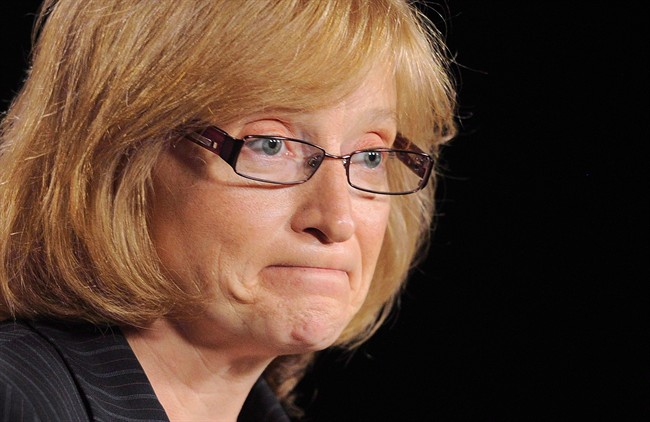

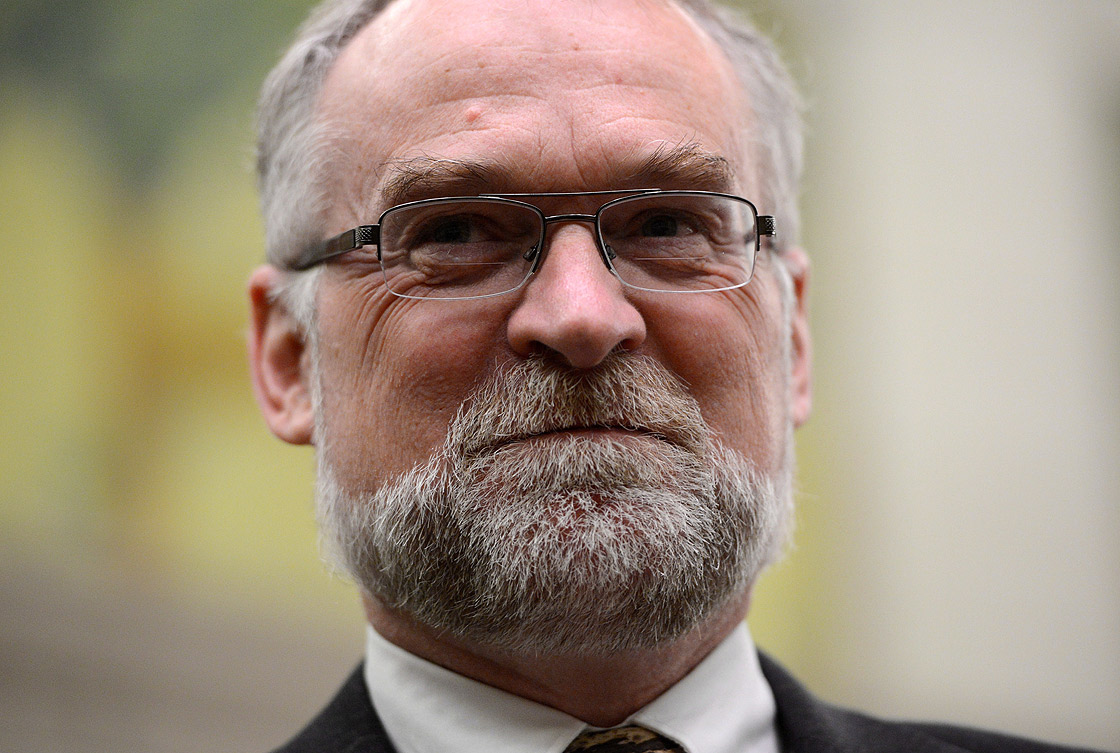

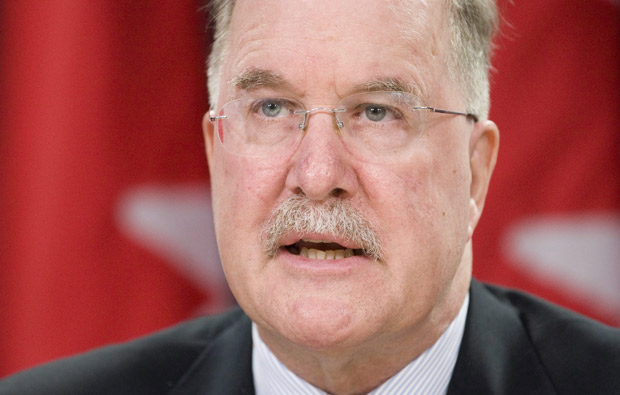

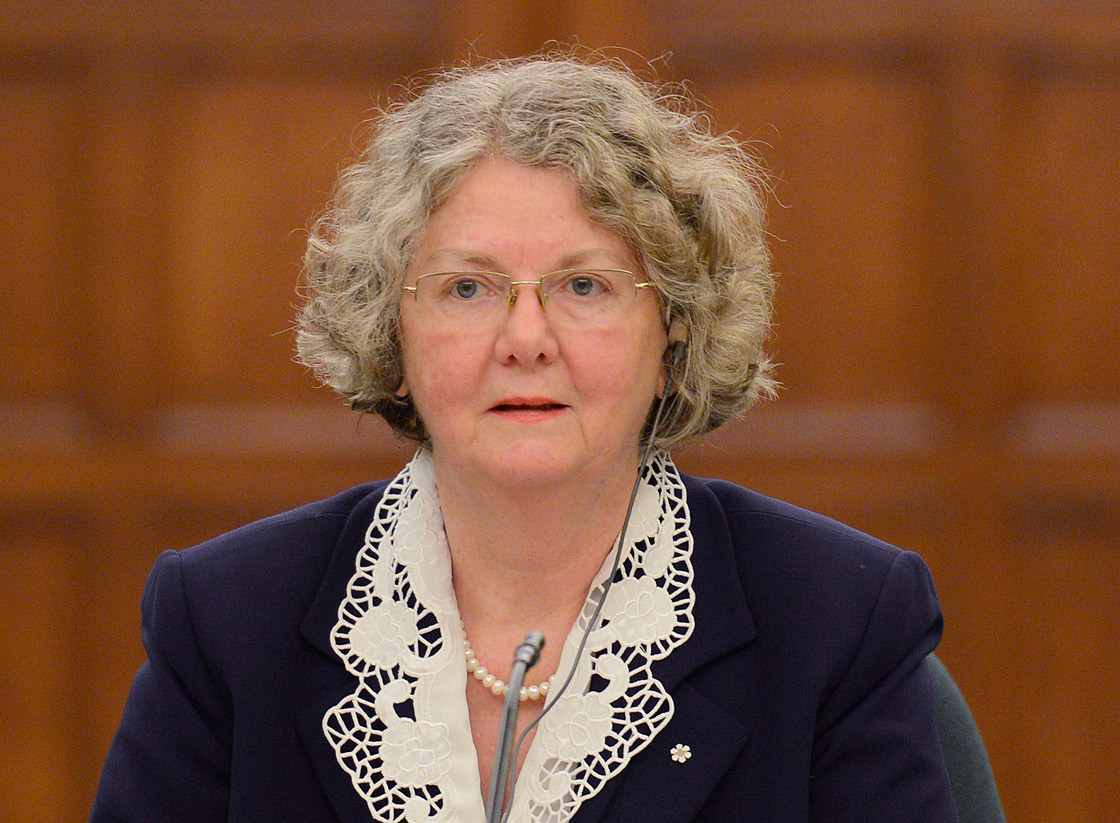

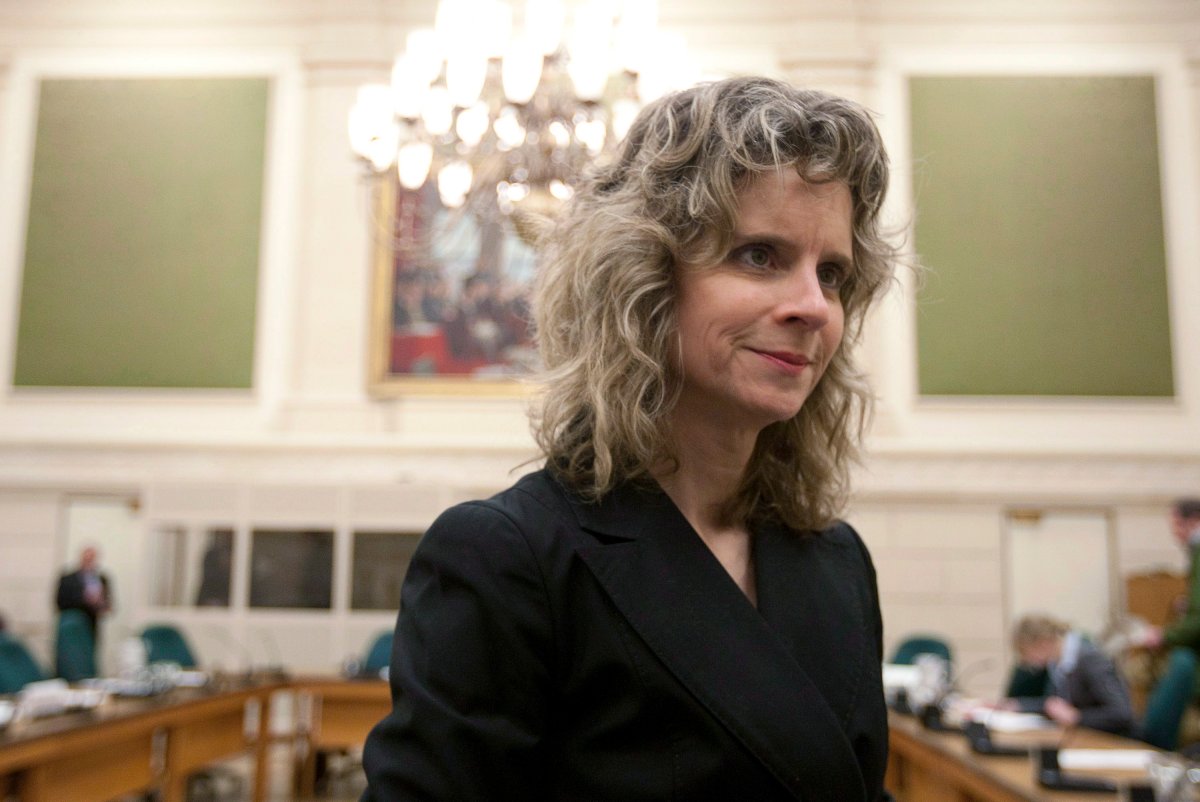



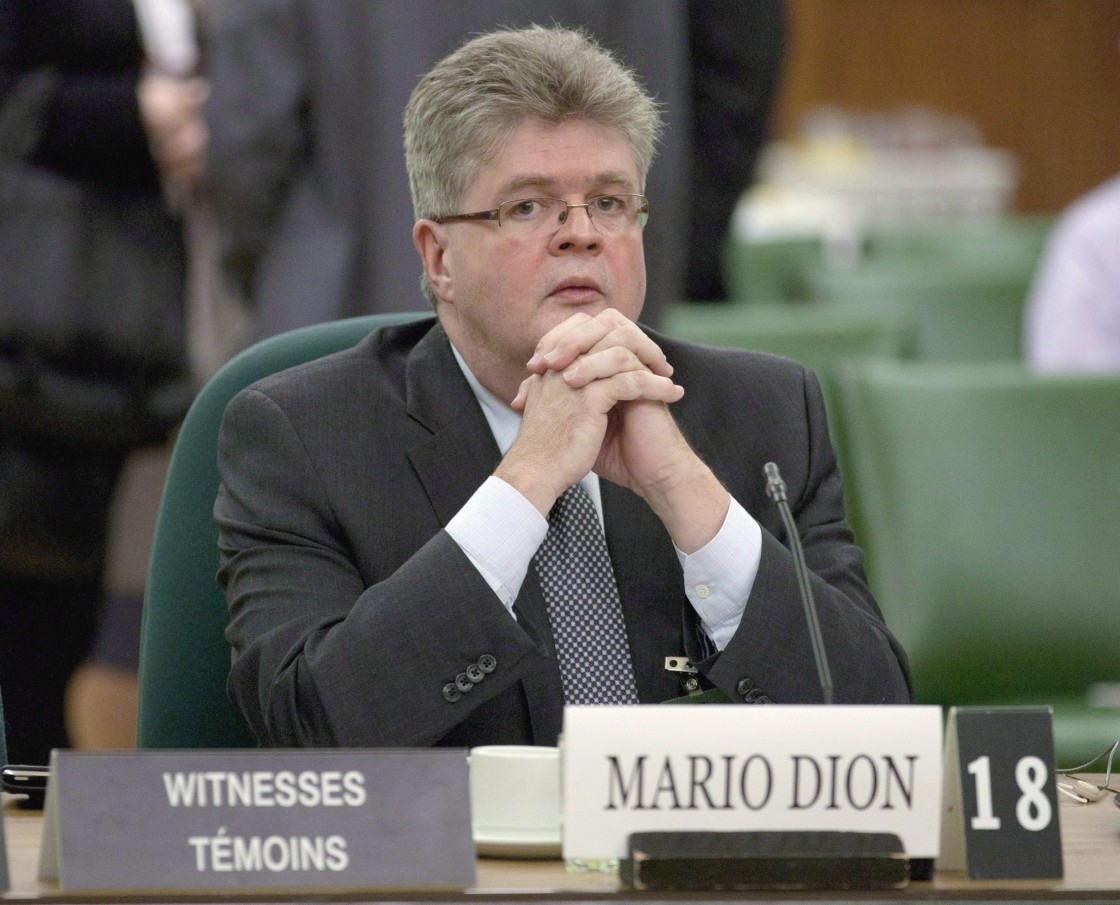

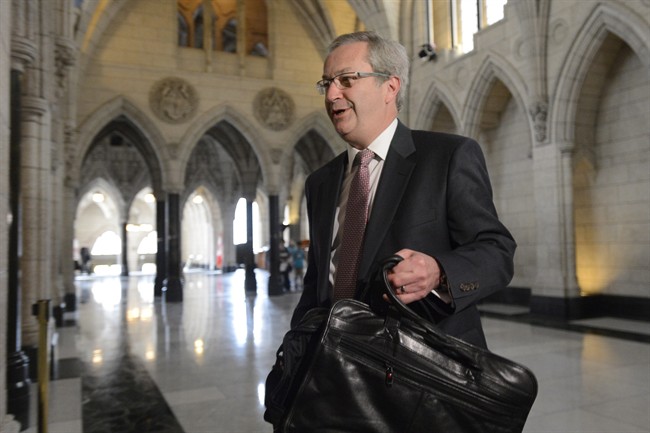


Comments